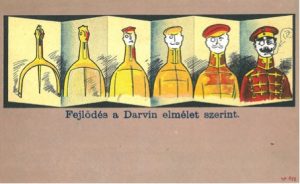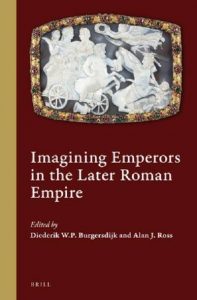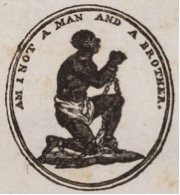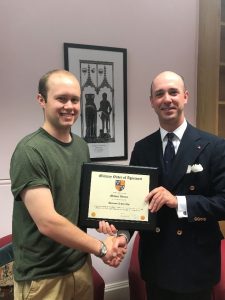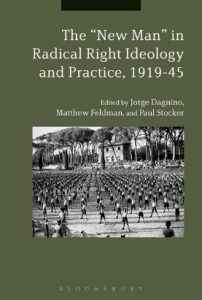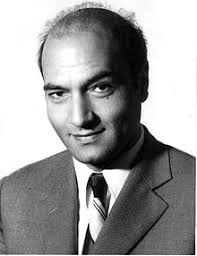
Dylan, Guthrie, and Roosevelt – the story of a song
Adrian Smith, Rob Joy, and Mike Hammond
"The Band" headed by Bob Dylan plays at a memorial concert for the iconic American folk singer Woody Guthrie at Carnegie Hall in New York city on January 20, 1968.
Continue reading →




